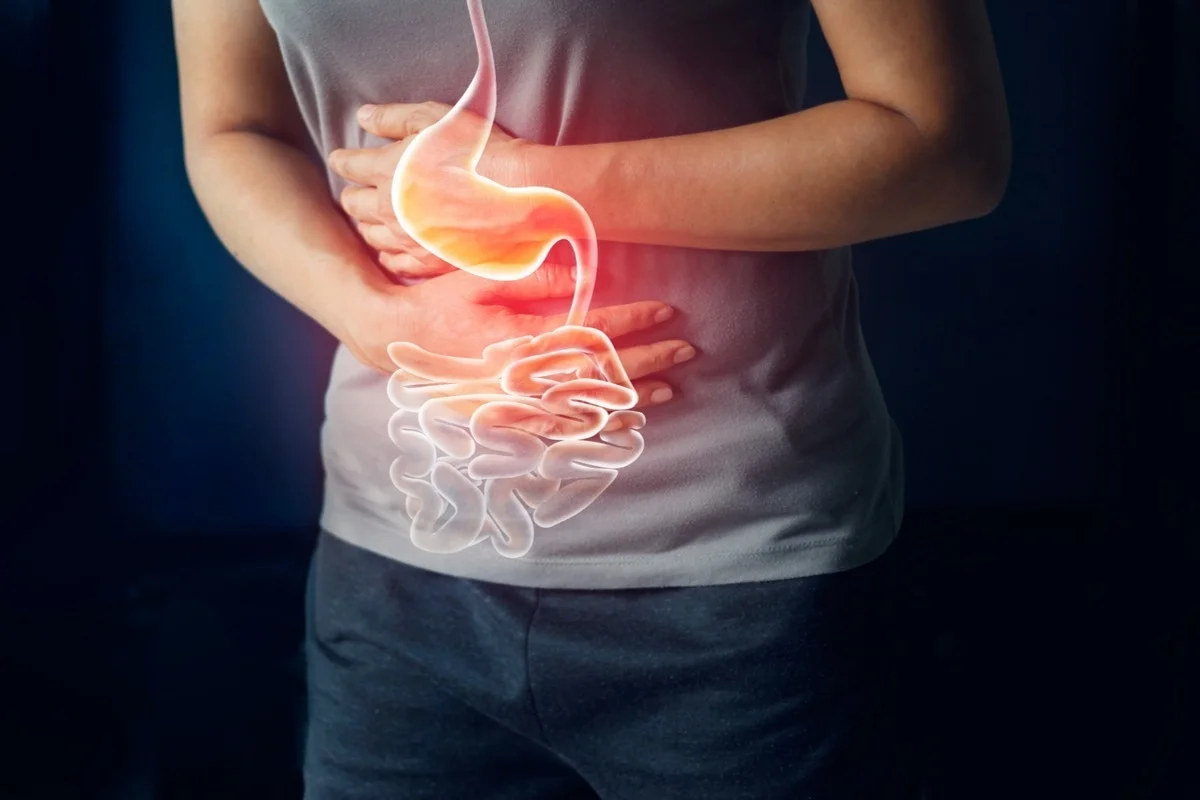Understanding Digestive Problems: Causes, Symptoms, and Effective Solutions
Digestive problems are more than just an inconvenience. They can significantly impact your daily life, energy levels, and overall well-being. From occasional bloating to chronic conditions like IBS, digestive issues are common and often misunderstood. This guide will walk you through everything you need to know about digestive problems—what causes them, how to spot them, and what you can do to feel better

What Are Digestive Problems?
Digestive problems refer to any discomfort or dysfunction in the gastrointestinal (GI) tract. This includes the esophagus, stomach, intestines, liver, pancreas, and gallbladder. Common digestive disorders include:
- Indigestion (Dyspepsia)
- Irritable Bowel Syndrome (IBS)
- Acid Reflux (GERD)
- Constipation
- Diarrhea
- Gallstones
- Crohn’s Disease and Ulcerative Colitis
Common Causes of Digestive Problems
1. Poor Diet
High consumption of processed foods, low fiber intake, and high-fat meals can disrupt gut function. Spicy or greasy food often worsens symptoms.
2. Stress and Mental Health
There is a strong gut-brain connection. Stress, anxiety, and depression can lead to or exacerbate digestive issues.
3. Lack of Physical Activity
Exercise helps move food through the digestive system. A sedentary lifestyle can slow digestion and lead to constipation.
4. Dehydration
Insufficient fluid intake makes it difficult for the body to process food and pass waste effectively.
5. Medications and Antibiotics
Certain drugs can disrupt the gut microbiome or irritate the stomach lining, leading to discomfort or long-term imbalances.
6. Food Intolerances and Allergies
Lactose intolerance, gluten sensitivity, or food allergies can cause inflammation and digestive distress.
Recognizing the Symptoms
Digestive problems can manifest in various ways, including:
- Abdominal pain or cramping
- Bloating and gas
- Nausea or vomiting
- Heartburn or acid reflux
- Changes in bowel movements (constipation or diarrhea)
- Unexplained weight loss
- Fatigue or brain fog
If these symptoms persist or interfere with daily life, it’s crucial to consult a healthcare provider.
Diagnosis and Testing
A range of tests can help diagnose digestive problems:
- Blood tests to detect inflammation or infection
- Stool samples to identify parasites or infections
- Endoscopy/Colonoscopy to inspect the GI tract
- Breath tests for lactose intolerance or bacterial overgrowth
- Imaging like CT scans or ultrasounds for structural issues
Effective Treatments and Lifestyle Changes
1. Dietary Adjustments
- Increase fiber intake (fruits, vegetables, whole grains)
- Stay hydrated
- Avoid trigger foods (like caffeine, alcohol, and spicy items)
- Try probiotics to restore gut flora
2. Stress Management
- Practice mindfulness or meditation
- Incorporate regular physical activity
- Consider therapy for chronic stress or anxiety
3. Medical Treatment
- Antacids for acid reflux
- Laxatives or stool softeners for constipation (short-term use)
- Antibiotics for infections
- Prescription medications for chronic conditions like IBS or IBD
4. Herbal Remedies (With Caution)
- Ginger for nausea
- Peppermint oil for IBS symptoms
- Chamomile tea for calming the gut
Always consult a healthcare professional before starting supplements or herbal treatments.
Preventive Measures for Long-Term Gut Health
- Maintain a balanced diet
- Eat smaller, frequent meals
- Chew thoroughly and eat slowly
- Avoid eating late at night
- Exercise regularly
- Get adequate sleep
When to See a Doctor
Seek medical advice if you experience:
- Persistent abdominal pain
- Blood in stool
- Difficulty swallowing
- Sudden, significant weight loss
- Ongoing vomiting or diarrhea
These could be signs of serious conditions that require professional evaluation and treatment.
Final Thoughts
Digestive problems can range from minor irritations to serious health issues. Understanding your symptoms, identifying the root cause, and taking proactive steps can dramatically improve your digestive health. Whether it’s a matter of changing your diet, reducing stress, or getting a proper diagnosis, relief is possible.
For more in-depth advice and support, consider visiting reputable sources like Harvard Health or Healthline.
Alt Text Suggestions for Images (if used)
- “Diagram of the human digestive system”
- “Healthy foods that promote gut health”
- “Person practicing yoga to relieve digestive discomfort”
- “Comparison of normal vs inflamed intestine”
Internal Links (if applicable):
- Learn more about [high-fiber foods].
- Explore our guide on [probiotics and gut health].
- Tips for [reducing stress naturally].









